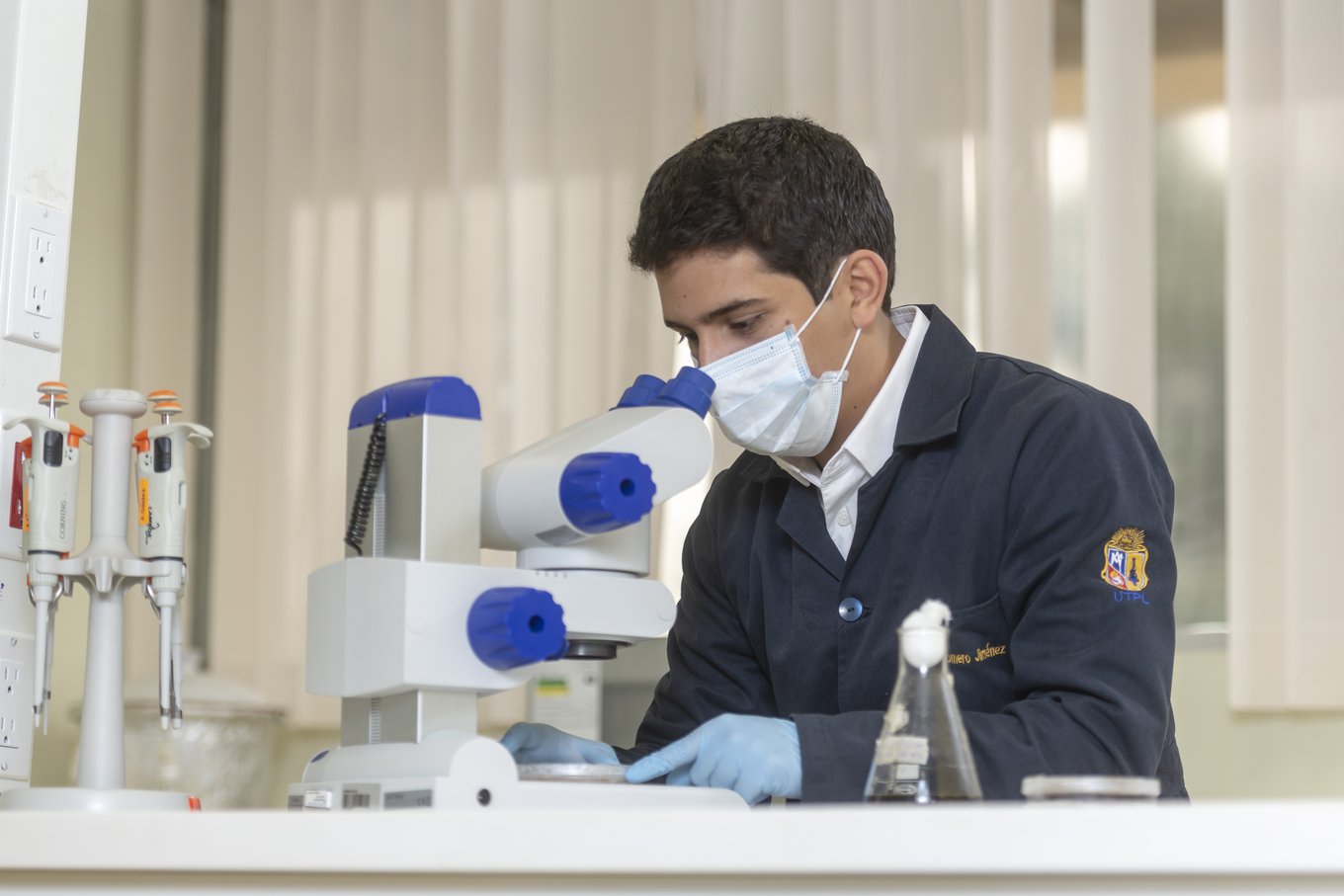The fatty acids in omega-3 are a group of poli-saturated fatty acids, famous for their nutritional proprieties and health benefits. The fatty acids play a very important role in the growth and development of the brain, blood pressure regulation and renal functions, blood clotting, inflammatory reactions, and immunology. Given the fact that these acids are essential in human nutrition, the scientific community established that daily consumption per person must be at least 250 milligrams. Omega-3 can be found in its natural form in different species of fish and vegetables: This leads to people producing this acid with the use of pesticides and with the exploitation of planting and fishing activities.
To combat this problem, the end of the year Biology project of the young Ecuatorian innovator, Royer Romero, focused on finding new methods of producing omega-3. To that end, he created a computer model of a yeast, where he incorporated genes so that this multi cellular fungi could produce Omega-3 acids on its own. This project earned him a place as a winner for the Latin American Innovators under 35 from the MIT Technology Review LATAM edition.
But the aim of Romero was not to leave his idea only as a theory. He wanted to take his findings to practice, so he cofounded SilicoChem. This enterprises' specialty is the use of biotechnology to produce biomass with high added value in Ecuador. Today, the company is already producing two compounds: linoleic acid (CLA) and docosahexaenoic acid (DHA), two fatty acids, omega-6 and omega-3, respectively. Romero says, “We want to democratize the access to nutraceuticals in an efficient manner, with a low cost and in an ecological way.” The term nutraceuticals refers to animal products whose characteristics deliver high health benefits.
Romero adds, ”A child is able to have a breakfast with DHA, which helps its visual and neurological development. Especially in early developmental stages, the consumption of these omegas is very good, but due to its cost, not everybody can have access to it. So we looked for the genes that produce these omegas and we added them to yeast previously approved by the Food and Drugs Administration Agency (FDA) for human consumption. The microorganisms grow faster, which reduces production costs.”
For yeast to grow, the team feeds it with molasses, a compound that until now was considered as a waste product of the sugar industry, so using it contributes to a circular economy in the country. The production takes place “in a bioreactor”, which allow us to not use land to be able to generate these fatty acids.
For the moment, the young Romero details, ”We are working with the milk industry and other healthy beverages to add these oils. That way we can make very nutritious milk and other healthy options at a very low price. Our goal is to get on with massive consumption industries so we can democratize the consumption of nutraceuticals."
The director of master studies of the Biotechnology and Food department of the Monterrey Institute of Technology and Further Education (ITESM), Mexico, Jorge Welti, also a member of the jury for the 2019 Latin American Innovators under 35, believes “the base idea of the project is the right one and the academic exercise of computer simulation turns out to be interesting and adequate.”




